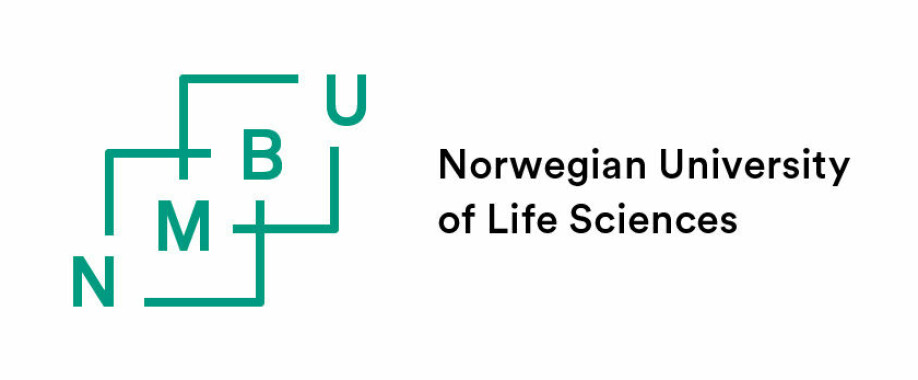Ledig stilling ved NMBU
Scientist within Radioanalytical Chemistry
Deadline: 08.03.2020
About the position
Section of Environmental Chemistry, Faculty of Environmental Sciences (MINA) at Norwegian University of Life Sciences (NMBU) has a 2 year vacant Scientist position within radioanalytical chemistry. The position could potentially be extended. The position is linked to the CERAD Centre of Excellence for Environmental Radioactivity.

CERAD was established in 2013 at NMBU in collaboration with the Norwegian Radiation Protection Authority, the Norwegian Meteorological Institute, the National Institute of Public Health and the Norwegian Institute of Water Research, and is funded through 2022 by the Research Council of Norway.
CERAD has initiated long term basic research to improve the ability to accurately assess the radiological impact and risks from environmental radioactivity, also combined with other stressors. By focusing on key factors contributing to the overall risks, state-of-the-art tools and methods are developed to better manage those risks.
Main tasks
The work of the scientist candidate will include:
- Creative and independent research as a member of a multi-disciplinary team, collaborate in method development and sample analysis as part of research projects within environmental radioactivity/radioecology, with special focus on ultra-low level concentrations, speciation and source identification.
- Develop radioanalytical methods including radiochemical protocols for extraction and purification of radionuclides such as 90Sr, 135Cs, 129I, U and Pu isotopes and other exotic nuclides in samples from field work or lab experiments carried out by CERAD.
- Develop and conduct methods for Inductively Coupled Plasma Mass Spectrometry and potentially gamma, alpha and beta spectrometry analyses including system operation and data analysis.
- Participate in Accelerator Mass Spectrometry experiments at international facilities available to CERAD.
- Publish results in peer reviewed literature and present research at national and international meetings.
The work will be performed in collaboration with other scientists within ongoing national and international science projects.
Qualification requirements, desired experiences, knowledge and personal qualities:
Required Academic qualifications
- Applicants must have a PhD degree or equivalent qualifications in analytical chemistry, radiochemistry / nuclear chemistry or nuclear physics from a university or college.
- Experience from work with ionizing radiation or radionuclides including radioanalytical techniques.
- Experience in mass spectrometry based analytical methods.
- Knowledge of ISO standards and measuring samples for Nuclear Forensics.
Experience with programming, data analysis and quality management systems are considered advantageous.
You need to have:
- Enthusiasm and creativity in research
- Ability to work individually and in teams
- Ability to work in a result-oriented environment
- Flexibility with respect to work tasks
- Ability to create a positive working environment
- Good capabilities in English, both orally and in writing
Remuneration and information
The position is placed in government pay scale position code 1109 Researcher, wage framework 24 salary grade 61- 67 (NOK 542.400 - 605.500) on the Norwegian Government salary scale upon employment depending on qualifications. The position follows ordinary meriting regulations.
For further information, please contact:
- Head of section Professor Lindis Skipperud mobile: +47 91001777, e-mail: lindis.skipperud@nmbu.no or
- Director of CERAD CoE Professor Deborah Oughton, mobile: +47 99264074, e-mail: deborah.oughton@nmbu.no
Application
To apply online for this vacancy, please click on the 'Apply for this job' button above. This will route you to the University's Web Recruitment System, where you will need to register an account (if you have not already) and log in before completing the online application form.
Application deadline: 08.03.2020
Up to ten publications selected by the applicant as most relevant must be attached to the application. If it is difficult to identify the contribution of the applicant in multiple-author publications, a short explanation about the applicant’s part of the work is suggested.
Printed material which cannot be sent electronically should be sent by surface mail to Norwegian University of Life Sciences, Faculty of Environmental Sciences (MINA), P.O. Box 5003, NO-1432 Ås, within 08.03.2020. Please quote reference number 20/00923.






